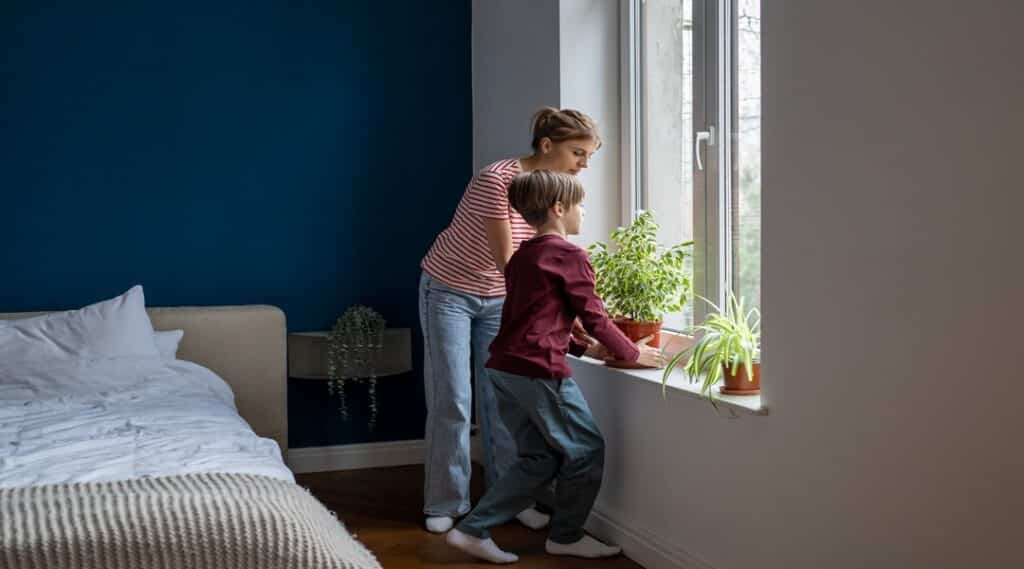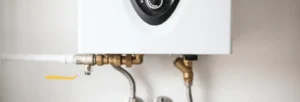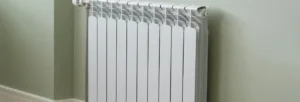In Independence, clean air rules the day. With smart HVAC services and practices, residents can breathe easier at home or work. One starts by maximizing ventilation to cycle out pollutants efficiently.
Quality air purification systems then step in as mighty defenders against airborne intruders like dust and allergens. But these solutions only succeed with regular tune-ups. Neglect invites trouble back into your space.
Together, these strategies forge a shield for health inside our buildings. A crucial front line given alarming global statistics on poor indoor air quality’s impact on wellbeing.
Maximize Ventilation with Strategic HVAC Solutions
Optimizing HVAC systems is vital for maintaining acceptable indoor air quality. According to ANSI/ASHRAE Standards 62.1 and 62.2, ventilation design crucially affects occupant health. Office spaces require a baseline of five cubic feet per minute of outdoor air per person to dilute pollutants like carbon dioxide.
Excess carbon dioxide can cause dizziness or confusion, and volatile organic compounds may lead to headaches. Moreover, humidity control prevents mold and dust mites by managing water vapor levels from various sources such as outside air or leakages. Critical in alleviating allergies and asthma symptoms among occupants.
Temperature also plays a significant role; inappropriate warmth or coolness not only hampers work efficiency but could dampen morale, too. Hence having an HVAC system with precision controls calibrated correctly ensures temperatures conducive for both comfort and productivity. For comprehensive solutions tailored specifically toward Independence residents’ needs, consider exploring HVAC services in Independence.
These services are designed to meet stringent guidelines while promoting better health outcomes through improved indoor environmental quality.
Regular Maintenance for Cleaner Indoor Atmosphere
To ensure a cleaner indoor atmosphere, regular maintenance of one’s home is essential. Dust-free environments bolster air quality significantly; hence, vacuuming carpets and wiping down surfaces should be part of routine cleaning efforts. Using HEPA-filter vacuums captures more particulates than standard ones, but remember to maintain the filter for peak performance.
Monitoring humidity levels also plays a pivotal role in maintaining healthy indoor air. This balance prevents mold from thriving while safeguarding your HVAC system’s efficiency.
A key factor in long-term heating and cooling costs. Employ exhaust fans judiciously, especially where moisture accumulates easily, like kitchens or bathrooms. For added control over moisture, employ dehumidifiers or humidifiers as conditions necessitate.
Lastly, don’t forget adequate ventilation. It’s paramount for introducing fresh air which dilutes pollutants indoors. Open windows create cross-ventilation that can usher out stale interior atmospheres unless external pollution advises otherwise; then consider high-quality window screens or purifiers as substitutes.
Improving indoor air quality is simple with these steps. Regularly clean and vacuum your home. Swap out air filters often, ideally every three months.
Introduce houseplants that double as natural purifiers; they soak up toxins while adding greenery to rooms. Keep humidity in check since moisture can breed allergens like mold and dust mites. Aim for a level between 30-50%.
Lastly, open windows when weather permits for fresh outdoor airflow which helps dispel indoor pollutants—a surefire way to keep your living space healthy and breathable.








